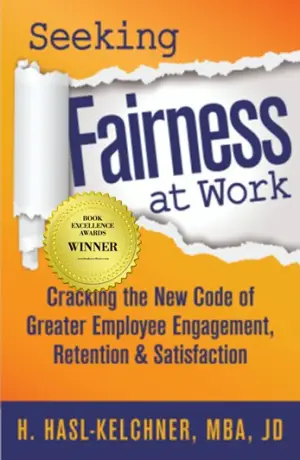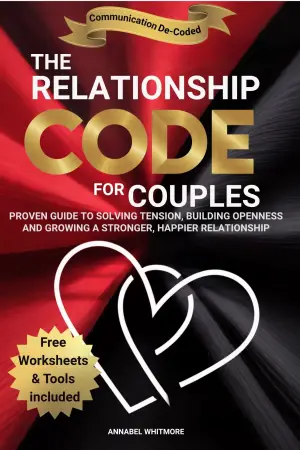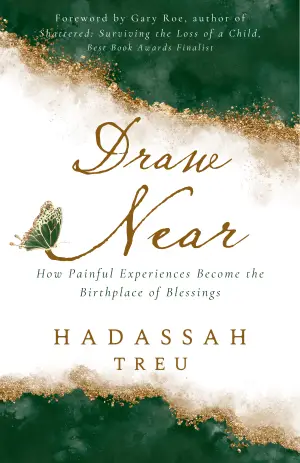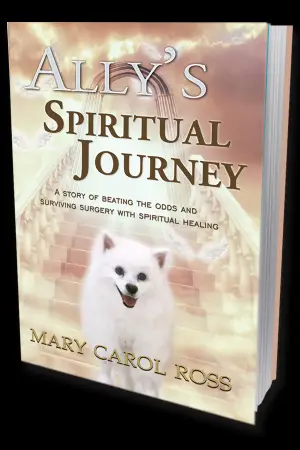A Thought-Provoking Journey Through “How the Word Is Passed: A Reckoning with the History of Slavery in America”
When I first heard about Clint Smith’s How the Word Is Passed, I was immediately drawn in by its promise to explore the often-ignored narratives surrounding America’s history of slavery. In a world where discussions about race and history can feel so fragmented, I was eager for a text that would weave together personal reflection with historical analysis. Smith doesn’t just inform; he invites us on a journey that is as uncomfortable as it is necessary, challenging us to confront our shared past.
The book’s structure is, in many ways, a roadmap to understanding the complicated legacy of slavery in the United States. By visiting various sites—like Monticello and the Whitney Plantation—Smith brings to light the painful truths often glossed over in our collective consciousness. His journey is not only geographical but emotional; he deftly captures the essence of what it means to grapple with a history that has been manipulated and whitewashed over time. One of the most chilling moments appears on page 101, where Smith quotes W.E.B. DuBois, revealing how American histories portray slavery in a way that dilutes its moral horror. DuBois aptly asserts that our narratives often leave no one to blame, making slavery seem like a distant, passive occurrence rather than an atrocity enacted by real people.
Smith’s elegant prose coupled with his striking observations transforms this book into a profound conversation starter. Each chapter delves into the mythologizing of figures like Robert E. Lee (a slave owner leading an army devoted to preserving slavery) while simultaneously bringing attention to the lasting impact of these figures on society today. His poignant statement about children attending schools named after people who considered them property resonates deeply—how many of us have unknowingly participated in this disturbing legacy? Smith’s ability to evoke feelings of “discovered ignorance,” as expressed by John Cummings, makes the reader reflect on their own understanding of history. Every revelation feels like a weight lifted but also a burden of responsibility newly recognized.
The narrative is interspersed with testimonials that add depth, and it’s clear that Smith has cultivated relationships with those he encounters, enhancing the book’s emotional impact. His visit to historical sites isn’t just a recounting of facts; it’s a personal reckoning with what these sites mean in the context of racial history. On page 191, when Smith reflects that “slavery did not end cleanly,” I found myself grappling with the uncomfortable truth that its repercussions continue to shape our society, in ways we still fathom but cannot fully articulate.
How the Word Is Passed is essential reading for anyone seeking to understand the undercurrents of race and history in America. It compels you to confront challenging truths, and I found myself reflecting on both my educational journey and societal implications long after closing the book.
This book is a must-read for students, educators, and anyone curious about how history informs present-day realities. It’s a reminder that the stories we tell ourselves matter, and confronting our history may be the first step toward healing. If you’re ready to examine the uncomfortable intersections of race, history, and identity, then Clint Smith’s work is waiting for you with open pages.
Discover more about How the Word Is Passed: A Reckoning with the History of… on GoodReads >>






